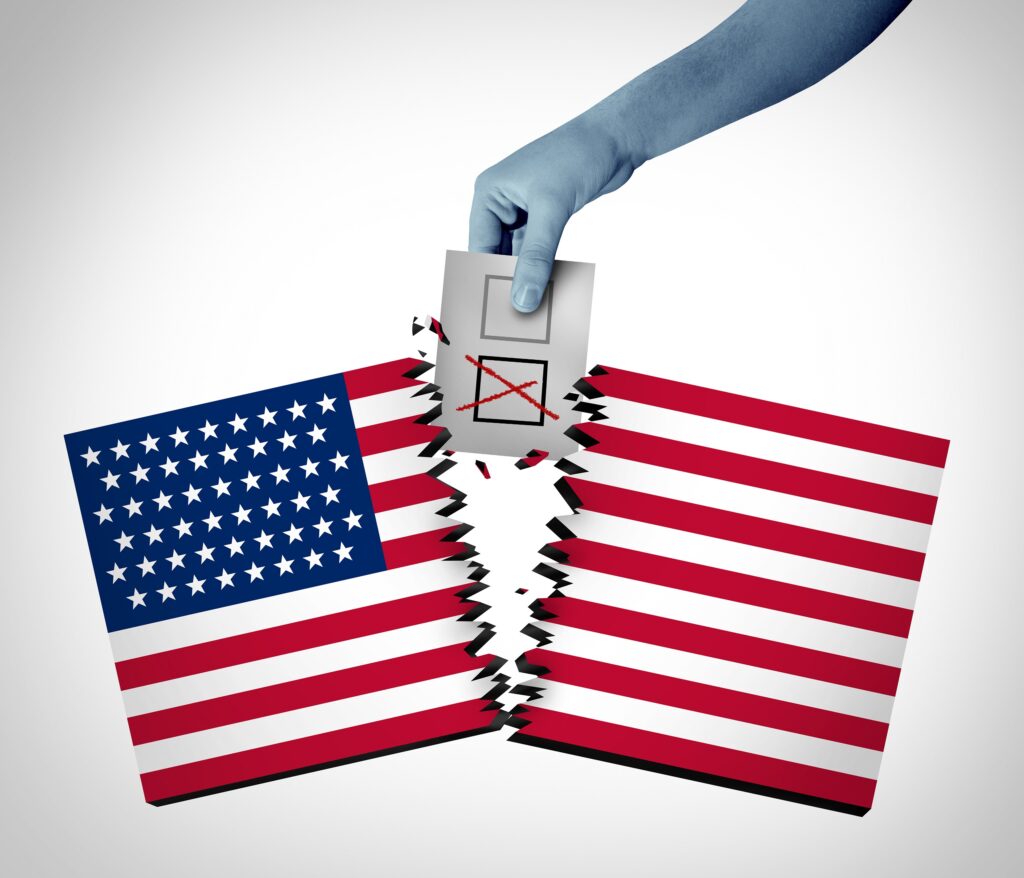Virginia legalizes ridesharing services
R Street Executive Director Andrew Moylan says government regulators are struggling to adapt to new sharing-economy businesses like Lyft and Uber.
“Uber and Lyft have been facing aggressive regulators and special interests trying to shut down their businesses in cities and states across the country,” he said. “Rather than modernize rules to recognize technological advancement, many governments have taken a ‘ban first, ask questions later’ mentality to the services.”
Learning from Virginia’s Example
Moylan says Virginia regulators’ struggle to deal with the issue can be educational for government officials elsewhere.
“Virginia is an instructive example because it showed both the worst and best regulators have to offer in response to this important debate,” he said. “The state’s Department of Motor Vehicles sent out a cease-and-desist order to Uber and Lyft in an attempt to shut down the businesses as they were just getting off the ground.”
Moylan says consumer demand for ridesharing services forced regulators to open the market to Lyft and Uber.
“The public backlash to that move forced the legislature and governor to respond, by passing a commonsense bill that contains only a few regulations in areas where government has a legitimate role: requiring insurance coverage, criminal background checks, and appropriate licensure for drivers,” he said.







